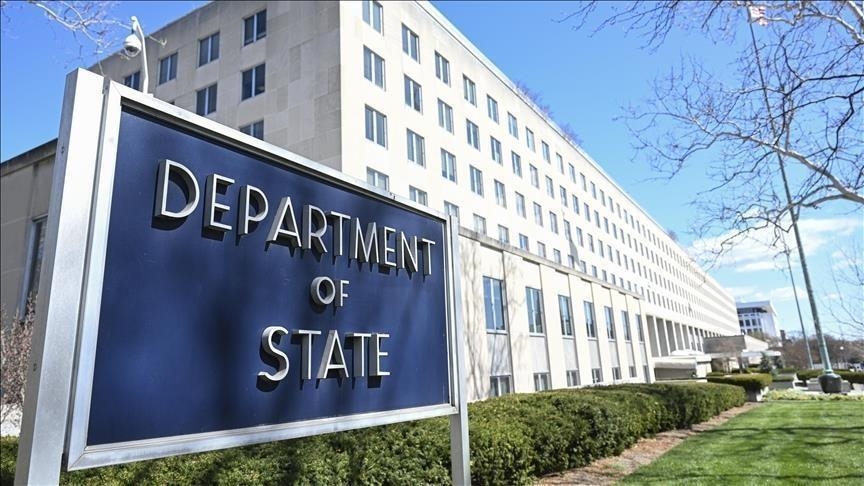U.S. may close over 27 embassies and consulates under new restructuring plan

The list includes embassies in countries such as Malta, Luxembourg, Lesotho, South Sudan, the Republic of Congo, and the Central African Republic.
The Trump administration is weighing a plan to close nearly 30 embassies and consulates around the world as part of a broader move to streamline U.S. diplomatic operations, according to State Department document.
The proposal signals a possible shift in the country’s global presence, including reduced operations in regions critical to U.S. counterterrorism efforts.
According to the document, the State Department may shut down 10 embassies and 17 consulates.
The list includes embassies in countries such as Malta, Luxembourg, Lesotho, South Sudan, the Republic of Congo, and the Central African Republic.
Several consulates may also be affected, with closures proposed in France, Germany, Bosnia and Herzegovina, the United Kingdom, South Korea, and South Africa.
The embassies under review are spread across Europe, Africa, Asia, and the Caribbean.
The document, as reported by CNN, suggests that the responsibilities of the closed missions be transferred to nearby posts in neighboring countries.
In addition to the closures, the internal report recommends reducing the size of U.S. diplomatic missions in Iraq and Somalia, both of which have been pivotal to American efforts to combat terrorism.
The document also suggests resizing other embassies and consulates to make them more efficient and focused.
These potential changes come amid what appears to be a wide-reaching overhaul of the State Department, inspired by efforts from the Elon Musk-supported Department of Government Efficiency.
The Trump administration has signaled a push to reduce the size of the federal government, and this proposed reorganization aligns with that direction.
The document describes the plan as a recommendation from the State Department’s undersecretary for management and notes that each diplomatic post was evaluated based on feedback from regional bureaus and interagency partners.
Factors such as consular workload, cost per U.S. direct hire employee, facility conditions, and security ratings were taken into account.
Although these changes appear to be under serious consideration, it remains unclear whether Secretary of State Marco Rubio has approved the proposals.
Responding to questions about the internal document, State Department Spokesperson Tammy Bruce declined to confirm the proposed closures.
"I would suggest that you check with the White House and the President of the US as they continue to work on their budget plan and what they submit to Congress," Bruce told CNN.
"The kinds of numbers and what we tend to see is reporting that is early or wrong, based on leaked documents from somewhere unknown."
So far, the administration has named ambassadorial nominees for only two of the embassies listed for closure, Malta and Luxembourg.
In March, it was reported that the State Department had already begun steps toward shutting down some of the consulates mentioned in the document.
Embassies and consulates serve a variety of functions for the U.S. government.
They issue visas, assist American citizens abroad, and provide critical information to Washington.
Officials also consider them a key tool in foreign policy, especially in efforts to counter the influence of countries like China. Most consulates operate with relatively small staffs.
The internal document also includes recommendations for creating smaller, more focused diplomatic outposts.
It proposes "FLEX-style light footprint posts with limited focus and staffing," as well as combining leadership roles in some locations, like the U.S. missions to the Organization for Economic Cooperation and Development (OECD) and UNESCO in Paris.
In terms of resizing, the report suggests that larger missions in countries like Japan and Canada could serve as models.
It recommends consolidating consulate services into specialized units within those larger embassies to make operations more efficient.
